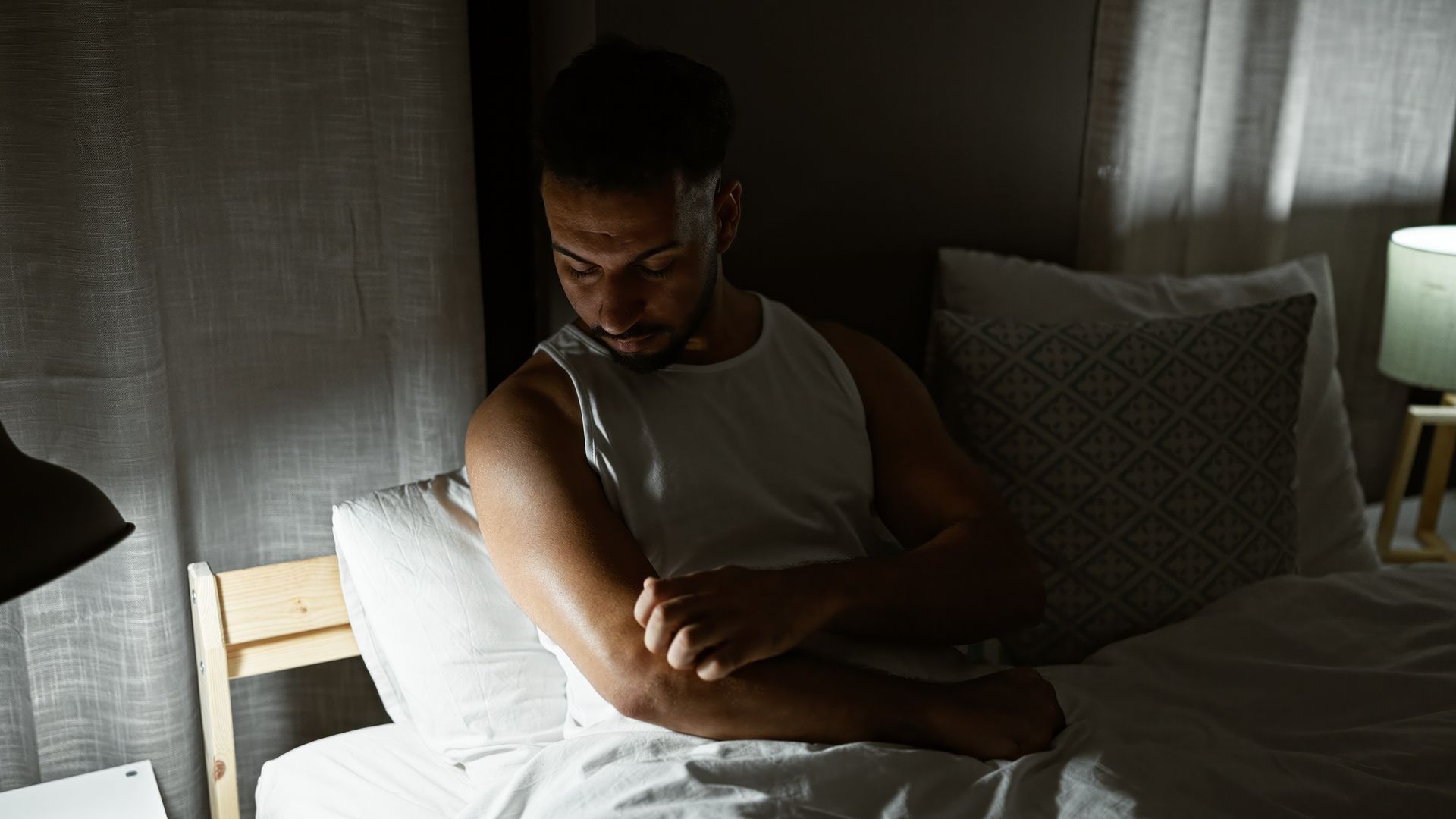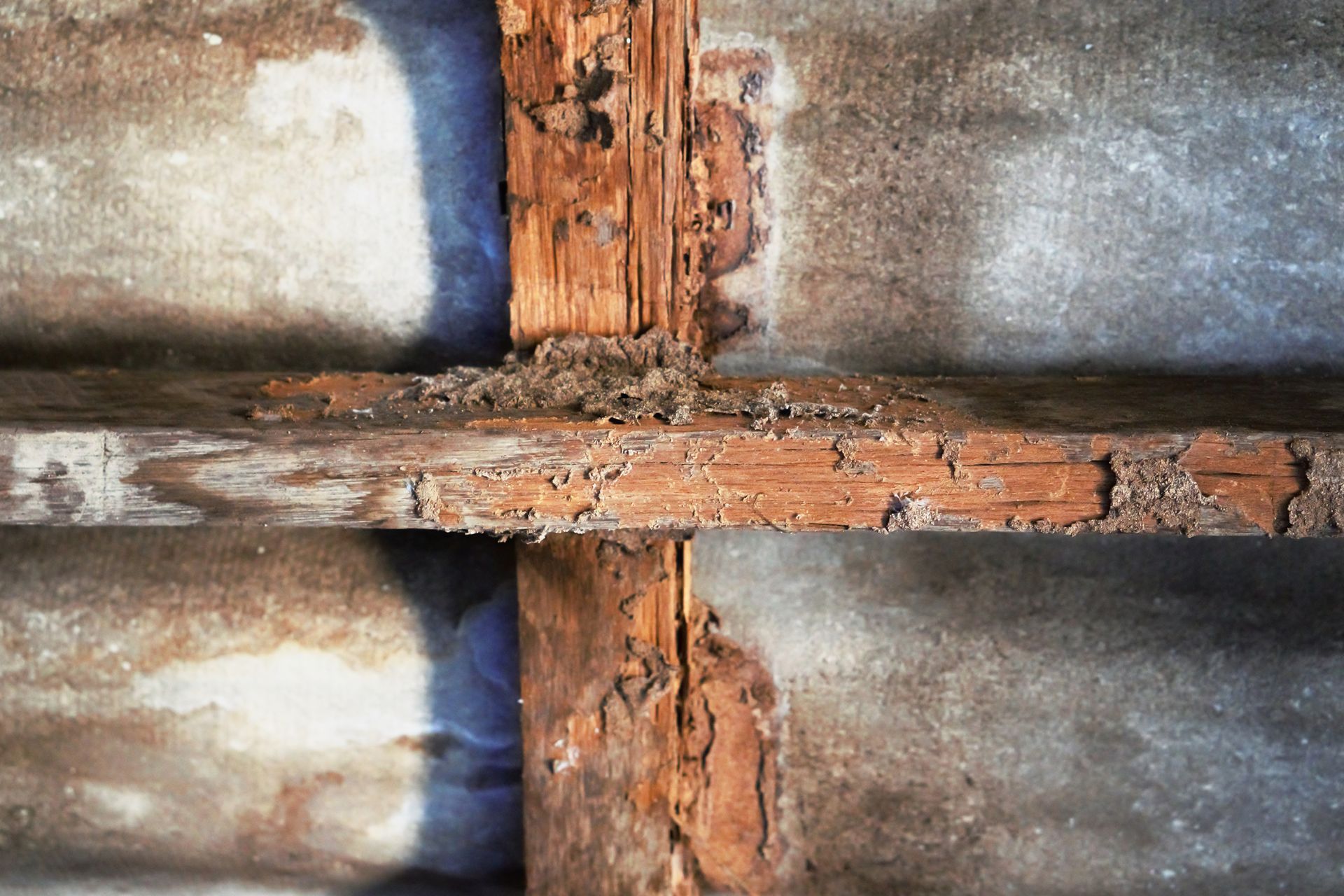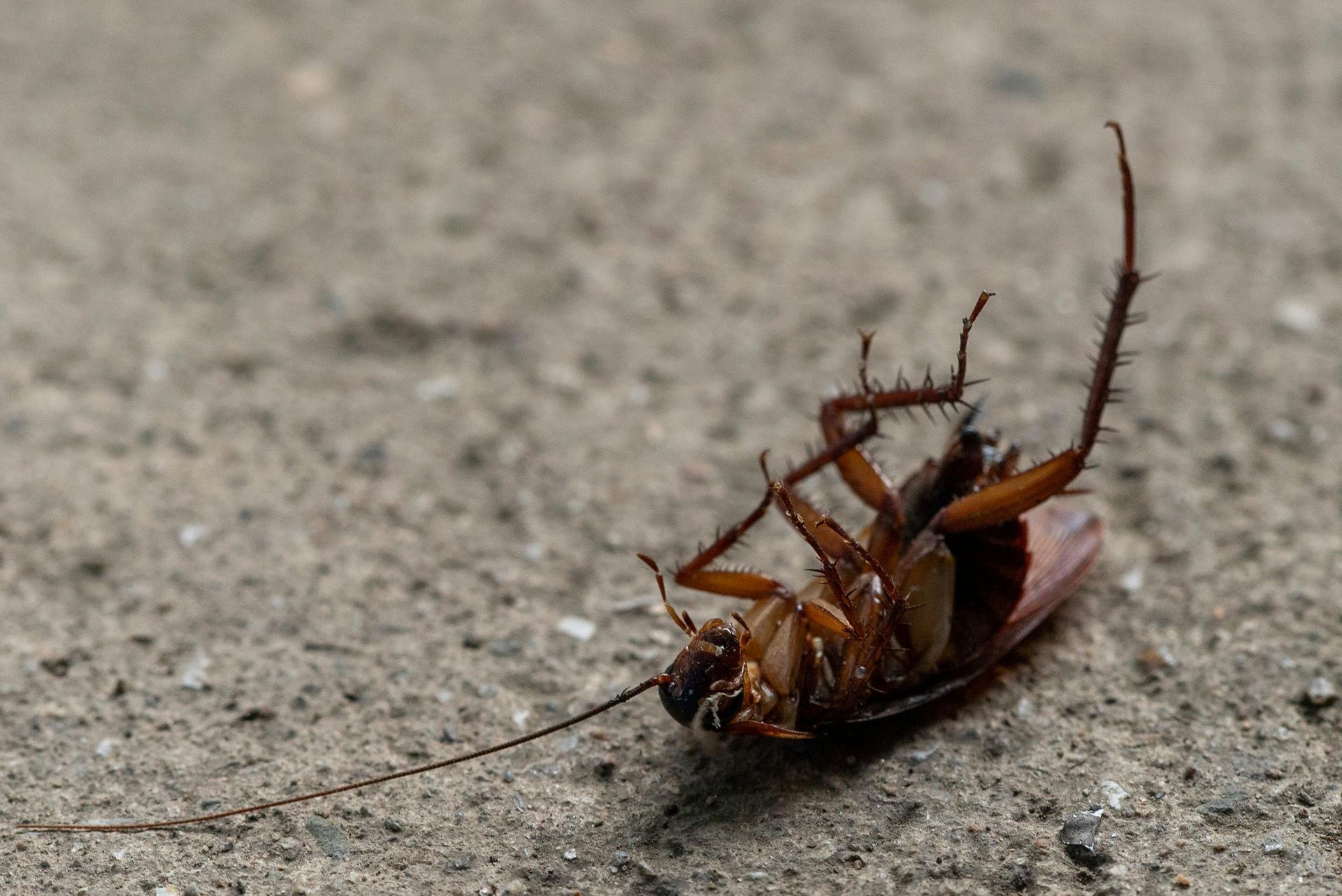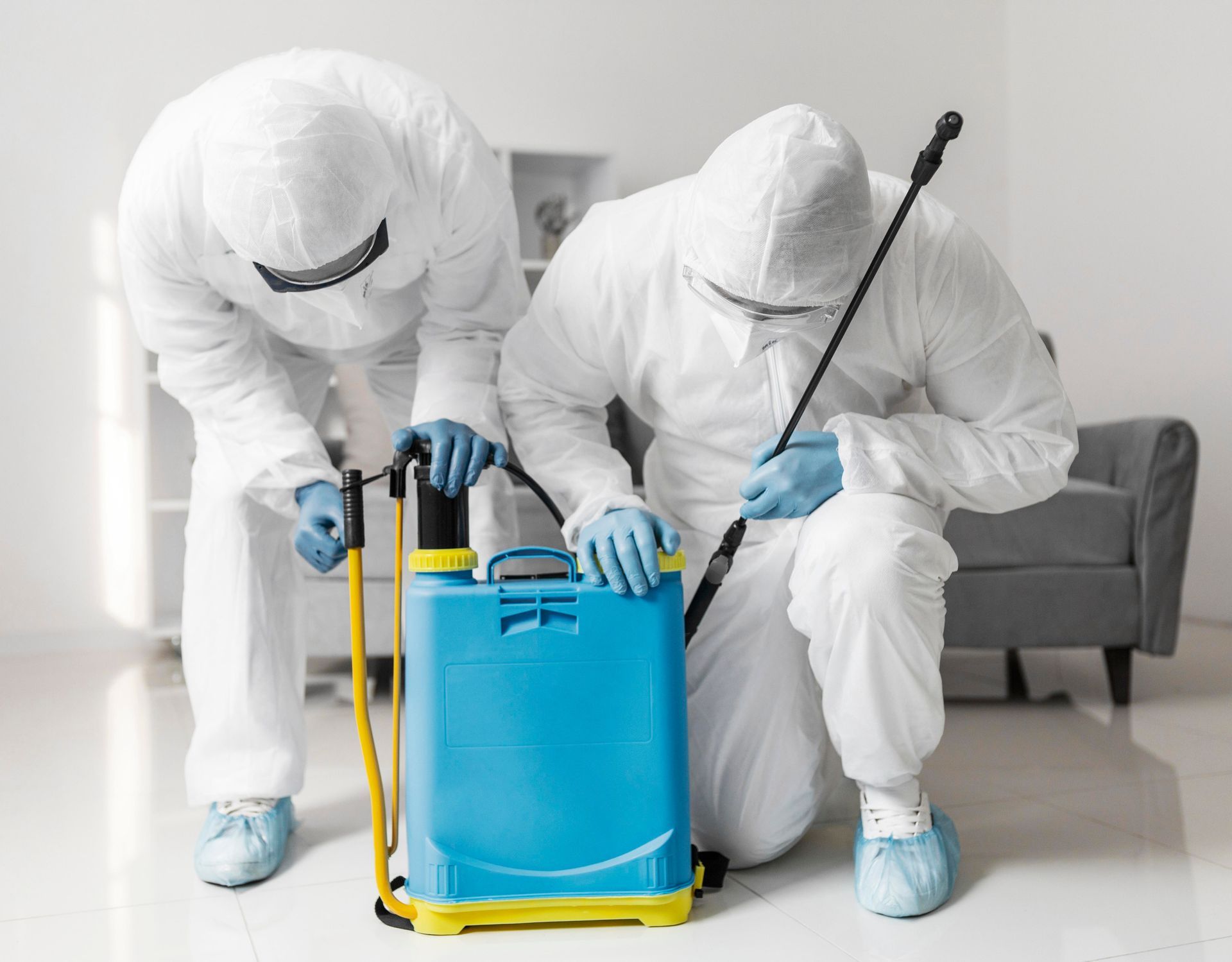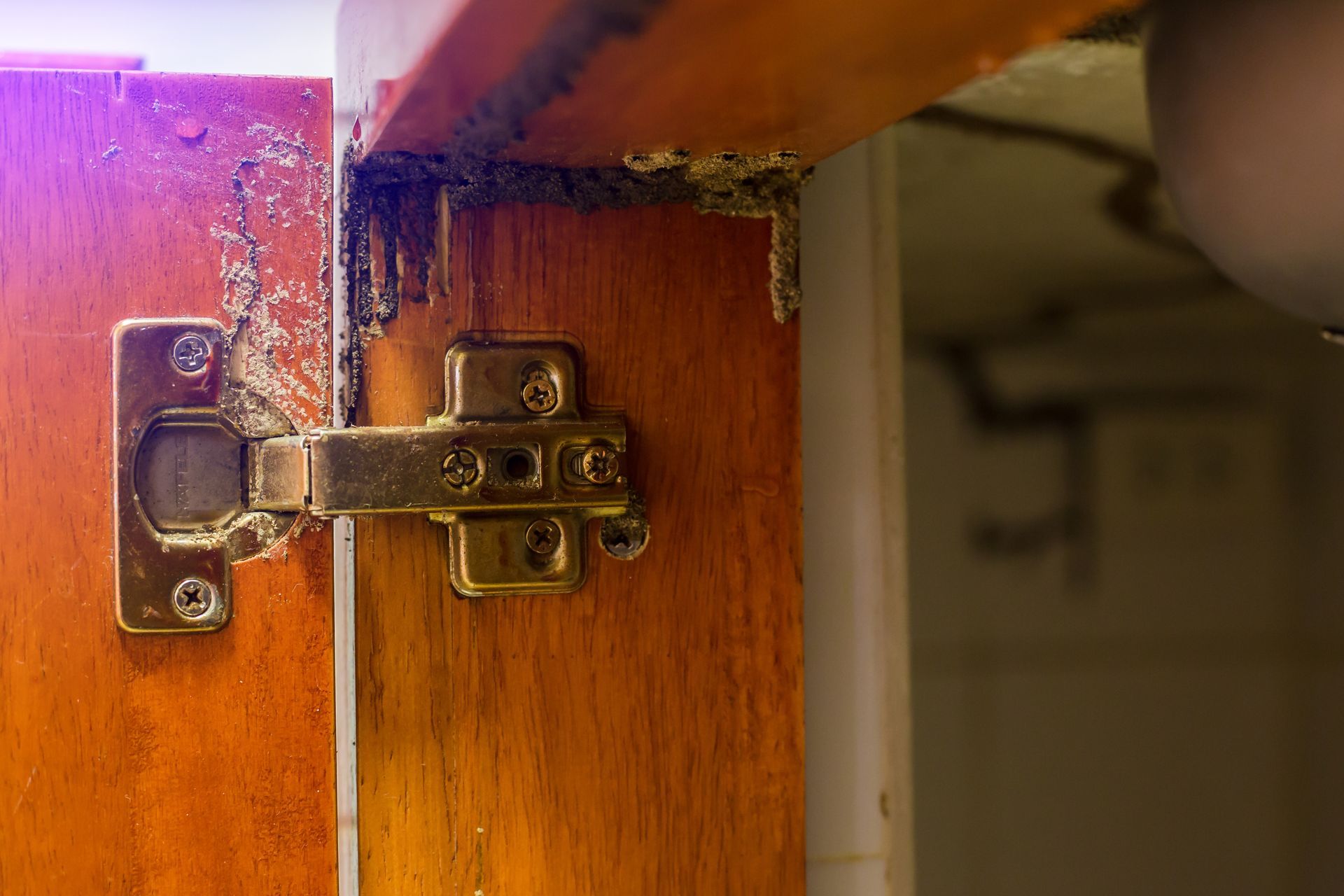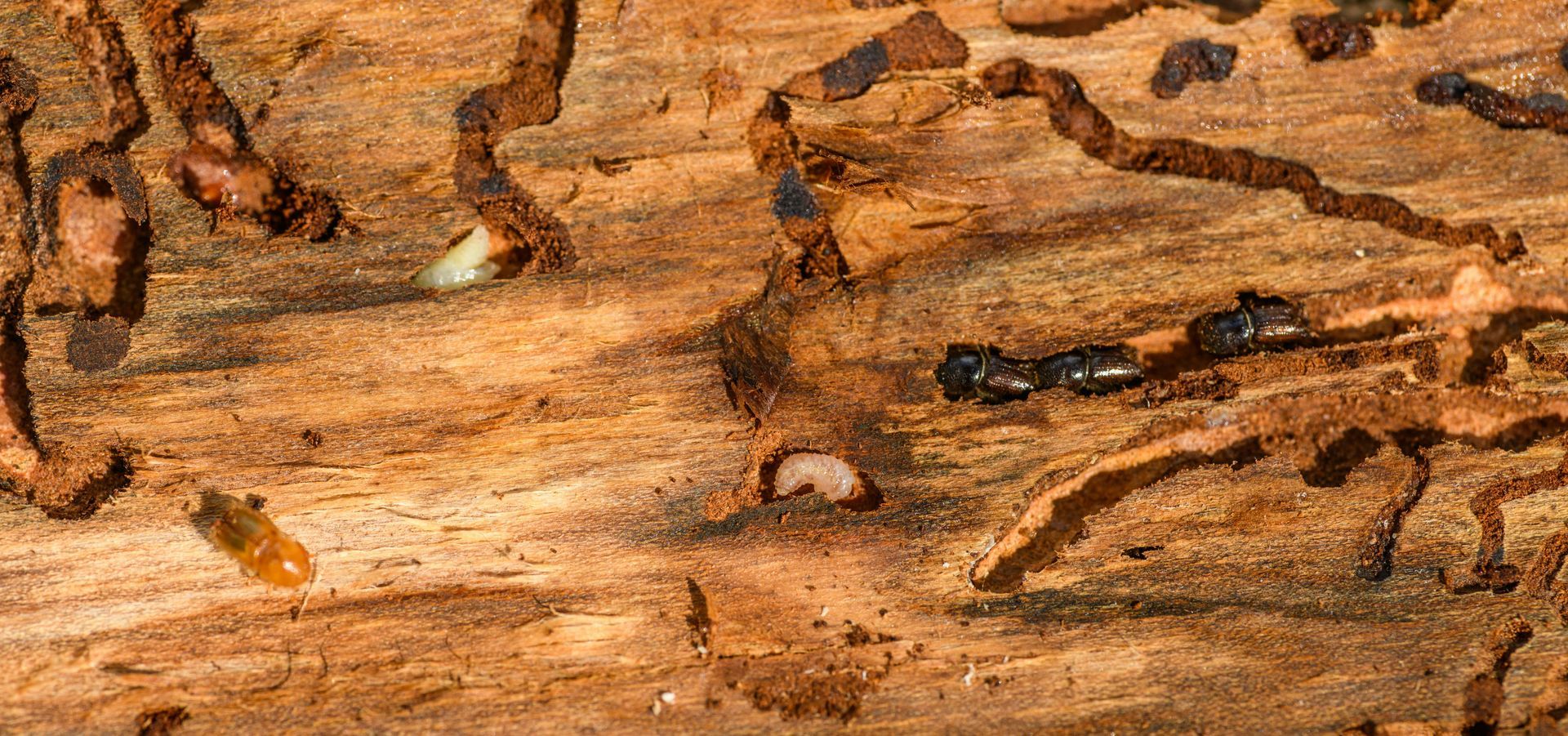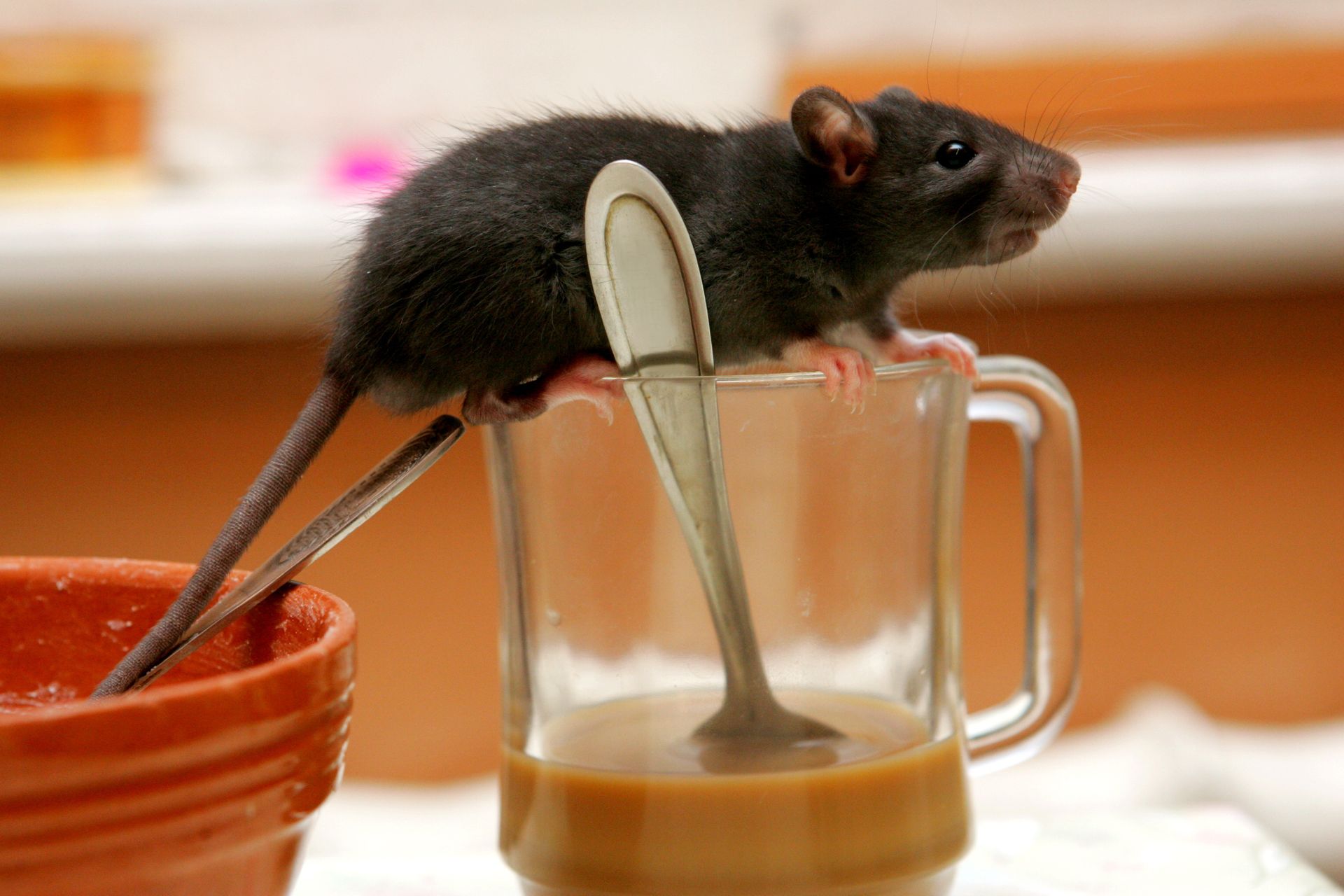Keene Pest Control
How to Spot Bed Bugs and What to Do About Them
Bed bugs are tiny pests with a big reputation. These nocturnal bloodsuckers can turn a peaceful night’s sleep into a scratch-fest and leave you waking up with red, itchy bites. Unfortunately, bed bugs are sneaky and can hide in the tiniest of spaces, making them difficult to detect until the infestation has grown.
If you are a homeowner in New Hampshire and have been wondering how to identify bed bugs and take effective action, this guide is for you. We will cover everything from spotting the signs to understanding
treatment for bed bugs, plus when to call the professionals. With the right approach, you can reclaim your home from these uninvited guests.
Signs You Might Have Bed Bugs
Bed bugs can be extremely difficult to spot because they are experts at hiding.
However, certain signs can indicate their presence:
- Bite marks: Small red, itchy bumps often in clusters or lines.
- Blood stains on sheets: You may notice tiny red stains where bed bugs have been crushed while feeding.
- Dark spots or fecal matter: Black or brown specks on mattresses or furniture indicate bed bug droppings.
- Eggs and shed skins: Tiny white eggs and molted skins can be found in mattress seams or crevices.
- Live bugs: Though hard to see, adult bed bugs can sometimes be found crawling in mattresses, box springs, furniture joints, or baseboards.
Recognizing these signs early is crucial for effective
treatment for bed bugs. If you spot any of these indicators, it’s time to act fast.
How to Inspect Your Home for Bed Bugs
A thorough inspection is essential for spotting bed bugs and understanding the scope of an infestation.
Here’s how you can inspect your home safely:
- Start with your bed: Remove all bedding and check seams, tufts, and folds in your mattress and box spring.
- Check nearby furniture: Bed bugs can hide in couches, chairs, nightstands, and dressers.
- Inspect cracks and crevices: Look along baseboards, molding, and wall outlets where bed bugs can hide.
- Look for evidence, not just bugs: Don’t just hunt for live insects; fecal stains, eggs, and shed skins are also telltale signs.
- Use a flashlight and magnifying glass: These tools can help reveal hidden pests that are hard to spot with the naked eye.
Remember, bed bugs are small and elusive. Even if you don’t immediately see live bugs, evidence like blood stains or droppings can indicate an infestation.
DIY Bed Bug Treatments at Home
If you are dealing with a minor infestation, there are some treatment for bed bugs methods you can try at home to reduce the problem:
- Heat treatments: Washing clothes, bedding, and curtains in hot water and drying them on high heat kills bed bugs at all life stages.
- Vacuuming: Regular vacuuming of mattresses, furniture, and cracks removes bugs and eggs. Dispose of vacuum bags immediately after.
- Steam cleaning: A high-temperature steamer can penetrate mattress seams, furniture joints, and other hiding spots to kill bed bugs.
- Encasements: Mattress and box spring encasements trap bed bugs inside, preventing them from feeding and eventually killing them.
- Diatomaceous earth: A natural powder that dehydrates bed bugs when applied along cracks and crevices.
DIY methods can help control small infestations, but they often do not eliminate an entire colony. Professional treatment is usually required for larger or persistent infestations.
When to Call the Professionals
Bed bugs can spread quickly, and even one overlooked bug can restart an infestation. Professional pest control services offer the expertise and tools necessary for complete elimination.
Here’s what professional treatment can provide:
- Thorough inspection: Technicians can find hidden infestations and identify areas you may have missed.
- Targeted treatments: From heat treatments to safe insecticides, professionals use methods that reach every hiding spot.
- Ongoing monitoring: Follow-up visits ensure that the infestation has been completely eradicated.
- Safety and peace of mind: Professionals use treatments that are safe for your family and pets while effectively eliminating pests.
For residents in New Hampshire, expert
bed bugs new hampshire services like Keene Pest Control ensure the problem is handled quickly and efficiently, saving you stress and preventing further damage.
Preventing Future Infestations
Once your home is bed bug-free, the next step is prevention.
A few strategic habits can make your home less inviting to these pests:
- Reduce clutter: Bed bugs love hiding in piles of clothes, boxes, and unused items. Keep your home tidy.
- Inspect secondhand furniture: Check for signs of bed bugs before bringing used items inside.
- Travel precautions: Inspect hotel rooms, keep luggage off the floor, and wash clothes immediately after returning.
- Protective encasements: Use mattress and box spring covers to prevent bed bugs from nesting.
- Regular inspections: Even when things seem fine, periodic checks can catch problems before they escalate.
Prevention requires consistency, but it is far less stressful than dealing with a full infestation later.
Call Keene Pest Control for Professional Bed Bug Solutions in New Hampshire
Expert Bed Bug Treatment You Can Trust
If you suspect bed bugs in your home, acting quickly is the key to minimizing stress and damage. At Keene Pest Control, we provide thorough treatment for bed bugs services throughout Keene, Walpole, and the surrounding New Hampshire areas. Our trained technicians identify infestations, implement targeted treatments, and follow up to ensure complete eradication.
We also offer a variety of pest control services to protect your home from other unwanted visitors. Whether it’s
termite inspections,
carpenter ant removal, or
commercial pest control, our team has the knowledge and experience to keep your property safe. Call
(603) 352-7336 today to schedule a consultation and take the first step toward a pest-free home.
FAQs
How do I know if I have bed bugs?
Look for bite marks, blood stains on sheets, tiny dark fecal spots, shed skins, or live bugs in mattress seams and furniture.
Can bed bugs survive without feeding?
Yes, adult bed bugs can survive several months without feeding, which makes them persistent pests.
Are professional treatments safe for pets and children?
Yes, professional pest control companies use treatments that are effective against bed bugs but safe for families when applied correctly.
How quickly do bed bug infestations spread?
Bed bugs reproduce rapidly. A small infestation can grow significantly in a few weeks if left untreated.
Can I prevent bed bugs while traveling?
Yes, inspect hotel rooms, keep luggage off floors, and wash clothes on high heat immediately after returning home.

